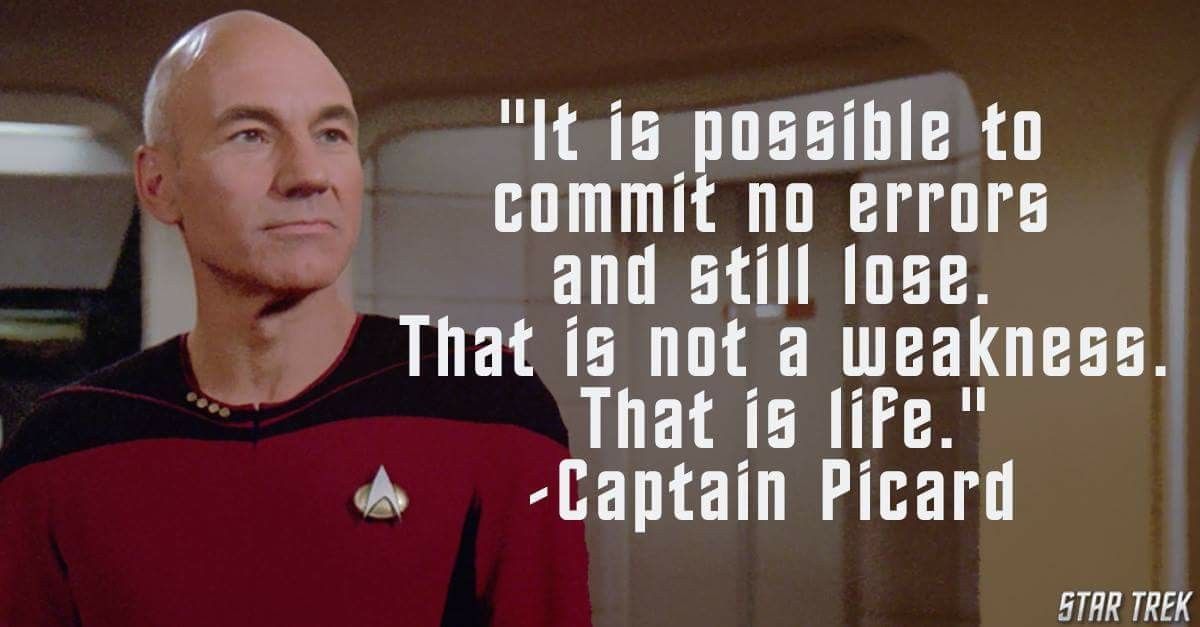Tips for building effective teams
By: Alan Parr | #TeamBuilding
Tips for building effective teams
1 Trust your team
You do not know everything. Your team may want to use a new technology or approach to solve a problem, give them the freedom to try new things but be prepared to call time on it and steer them back on to a good path if it isn’t working out.
2 Ensure your team can trust you
Do not promise anything to your team unless you a) intend to follow through on it and b) know you have the power/autonomy within the business to follow through on it without being overridden by someone higher up.
You can keep your promise 10 times but you’ll only get away with breaking it once, maybe twice before you lose the trust of your team and have to start from zero.
Even if they know you’ve been overridden by someone higher up, if this happens enough times they’ll start to see your promises as empty and their fulfilment ultimately out of your control.
3 Be transparent
Or as transparent as you can be within the business you work in. Let them know what challenges you are having, let them know what jobs are coming up and what may have to wait for a while.
If they’ve asked for something, don’t let it drop. If there is a delay, tell them otherwise they will assume you’ve just forgotten/don’t care about it and this will make #2 more difficult.
They can’t understand the business without a complete picture.
The more they know the more effective they will be.
4 Create a safe space for experimentation
Tangentially linked to #1, allow your team to experiment but make sure they know that their experiments can not achieve their expected outcome without fear or reprisal or loss of face.
Note how I didn’t use the word failure. Even if an experiment doesn’t achieve the expected outcome you will always come out of it with more information than you started with which is in itself a positive outcome and will increase the chance of your next experiment being successful.
5 It’s okay to take a couple of attempts to solve a problem
I’ve found this to be especially true when working in large, poorly-architected legacy codebases where there is always that service that does far too much and everyone is really scared of touching it. When they’re tackling a big problem in this kind of situation, make clear that you know it may take a couple of attempts to get to the complete solution and that is okay and not succeeding first time isn’t a sign of failure.
This will make people a lot less scared of making changes which will empower them to make difficult improvements that they otherwise may avoid doing.
6 Mistakes are part of life
In the words of the great Jean-Luc Picard

We can’t know everything. Every mistake is a lesson learned. Every “oh it does that too?” moment is knowledge gained.